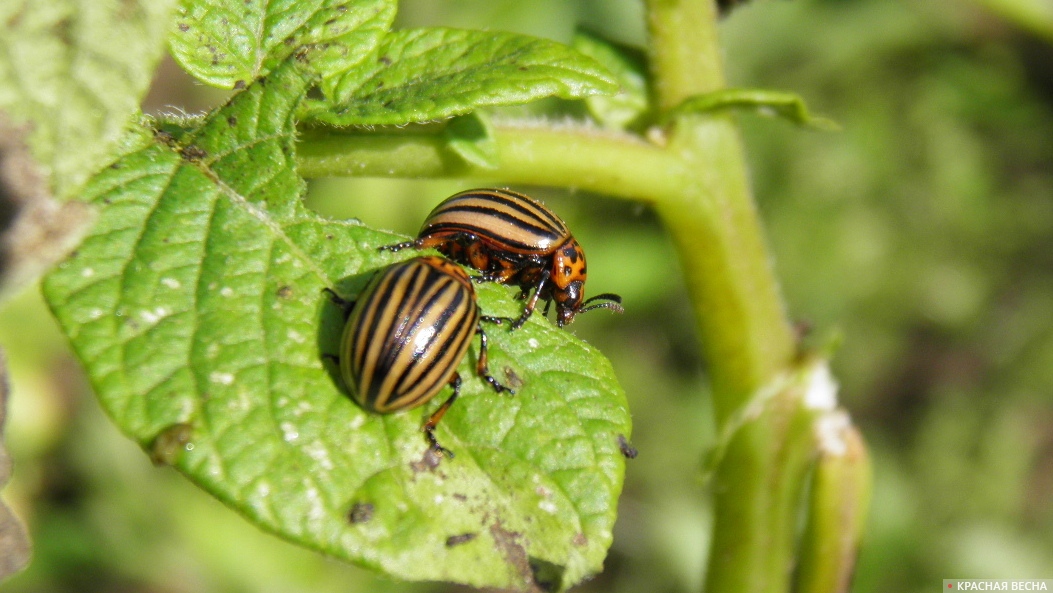A new database of 19 insect genomes, including the world’s most dangerous pests, has been created in the UK to improve crop protection, FarmingUK reports on February 8.
The genomes of the wireworm, cabbage flea beetle and pollen beetle, as well as other types of pests, are collected here. The experts hope the database will help accelerate the development of new pest management approaches that can overcome resistance and create greener plant protection solutions.
The Pest Genome Initiative was developed over a four-year period by the Rothamsted Research Institute of Arable Crops in collaboration with chemical giants Syngenta and Bayer. It is claimed that based on the knowledge contained in the new database, non-chemical methods of pest control, such as manipulating the behavior of insects, can be developed. The initiative will also help develop pesticides that are less likely to develop resistance in target species, which is currently a huge problem for farmers.
Rothamsted Research Professor Linda Field, one of the research leaders, expressed confidence that the future of agriculture will be “smarter” and require less pesticide use. “Pests are currently killing one-fifth of all crops globally, and this is projected to increase to 25% in the face of climate change,” she said.
The researchers said that with the high-quality genomes assembled in the database, they will be able to better understand how pesticide resistance develops. “Understanding pest genes means we can understand what specific proteins they make,” Field said.

